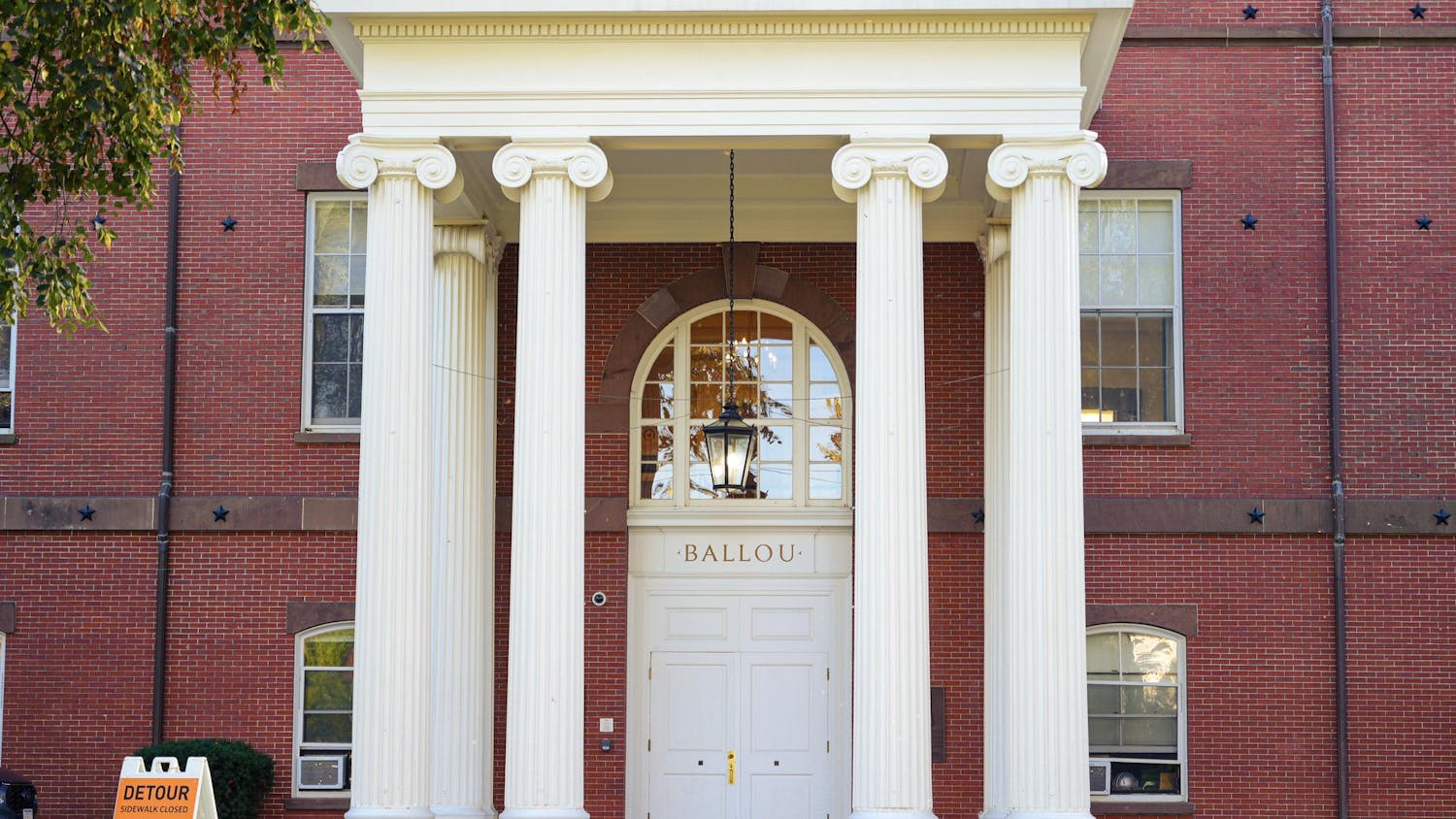The Office of Residential Life and Learning (ResLife) announced changes to housing lottery system in a Nov. 28 email to students.
Three significant changes were made in the housing application process, according to Associate Director of Housing Operations Matt Austin: The application process for special interest housing is now conducted before lottery numbers are assigned; those who apply in groups no longer have their lottery numbers averaged; and the process to determine selection priority has changed by making "1" the best possible lottery number.
In previous years, a student could apply for special interest housing after lottery numbers were assigned. Austin said that the change in the special interest housing application process will discourage the students who apply for special interest housing purely to secure on-campus housing.
“This encourages students to apply for a special interest house because they actually want to contribute to the community/special interest house, and not just because they got a poor lottery number or on the waitlist,” Austin told the Daily in an email.
Sophomore Eugene Henninger-Voss said he applied to live in the German Language House because he plans to study abroad in Germany. He added that he sees special interest housing as an opportunity to secure on-campus housing.
“If I could get into special interest housing, I would not have to worry about the [craziness] of [having] to sublet or hoping to receive a lottery number,” Henninger-Voss said.
Students placed in special interest housing will not be assigned lottery numbers. Austin said this will streamline the lottery process.
Austin added that students and groups with lower numbers will be now the first to select housing. The best possible number for rising seniors and juniors will be "1," while the best number for rising sophomores will be "1001," according to Austin. Students will be assigned lottery or waitlist numbers during the week of Dec. 17, according to the Nov. 28 email. Students who do not receive a lottery number will receive a waitlist number.
“The old system [was] confusing for students to truly identify where they stood in relation to their peers,” Austin said.
Additionally, the lottery number for a group will no longer be an average of lottery numbers of people in the group. The change, which was proposed by ResLife last year but was not implemented, counts only the highest ranking number in the group. Austin explained this change will make the process more inclusive for those with lower ranking numbers.
“This was done to promote that students live with their friends and don’t 'cut' friends with worse lottery numbers ... just for the sake of them improving their group average,” Austin said.
Austin also said that either everyone in the group will receive a lottery number, or everyone will be placed on the waitlist, noting that students can now submit their intended groups. Austin explained applying as an individual or as a group will not affect students' chance of getting on-campus hosing, as ResLife will equally distribute lottery numbers between students applying in groups and as individuals.
“This [change] allows our team to assign each student in the same group either a lottery number or a waitlist number,” Austin said.
Sophomore Jordyn Voss, who has applied for housing and also plans to study abroad, approved of the change, saying that it will help eliminate some of the stress she experienced during the process as a first-year.
“The 'cutting' out of friends does happen,” Voss said. “It tests a lot of friendships when you are a [first-year]. So I really like that change.”
Voss, however, added the housing process is still stressful, saying that this year’s process will affect her decision to study abroad. Voss, who receives some financial aid for housing, said she won't be able to afford her study program if she does not secure on-campus housing.
“My decision to study abroad is completely based on housing,” Voss said. “Ideally, I do not want to live off-campus, and if I do, it will cost more for me."
A student's financial aid award is the same whether they live on or off campus, according to Patricia Reilly, Tufts' director of financial aid. Reilly told the Daily in an email that cost of off-campus housing for nine months is similar to living on campus for most students, despite rent being typically more expensive than on-campus room charge. Reilly also noted food costs are lower when students live off campus.
ResLife bring series of changes to housing lottery process

Associate Director of Housing Operations Matt Austin poses for a portrait in his Harleston Hall office on Jan. 23.





